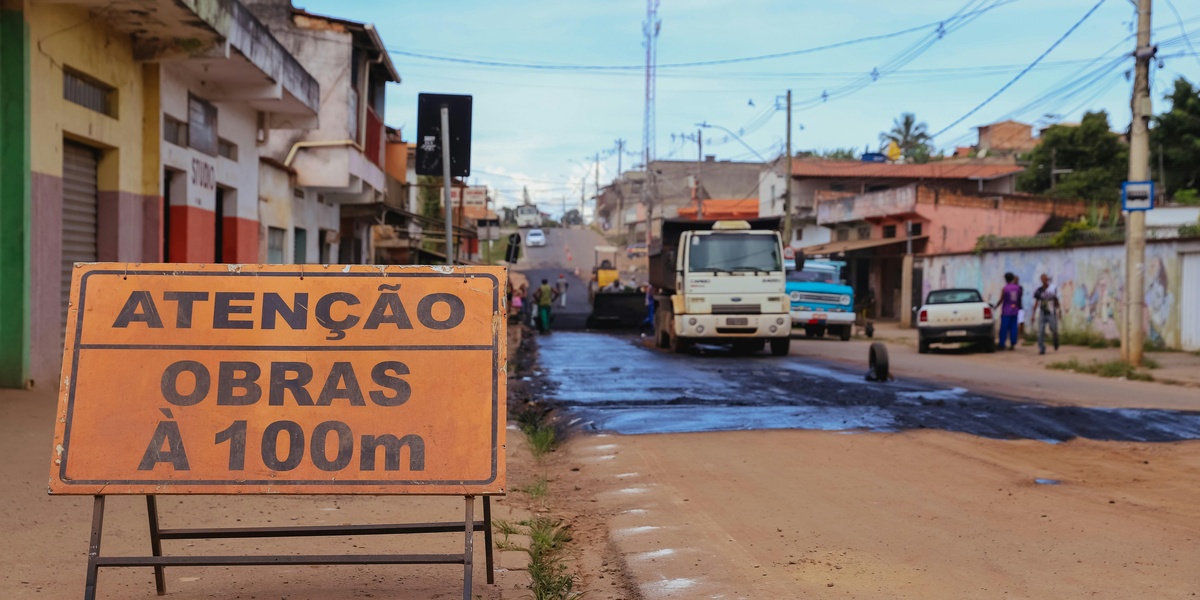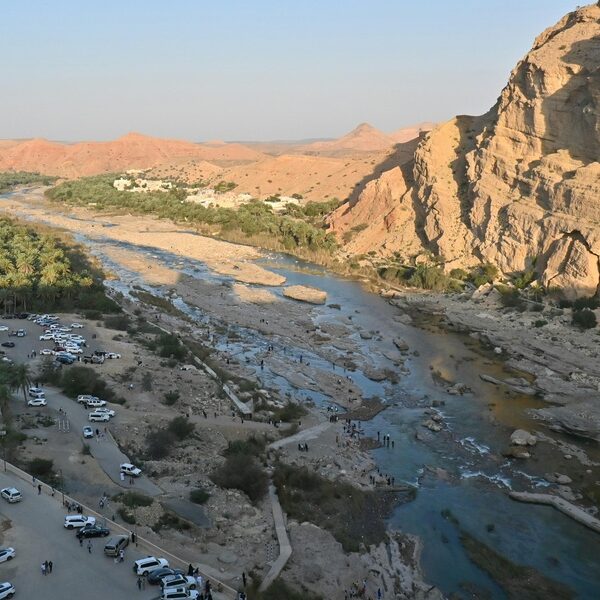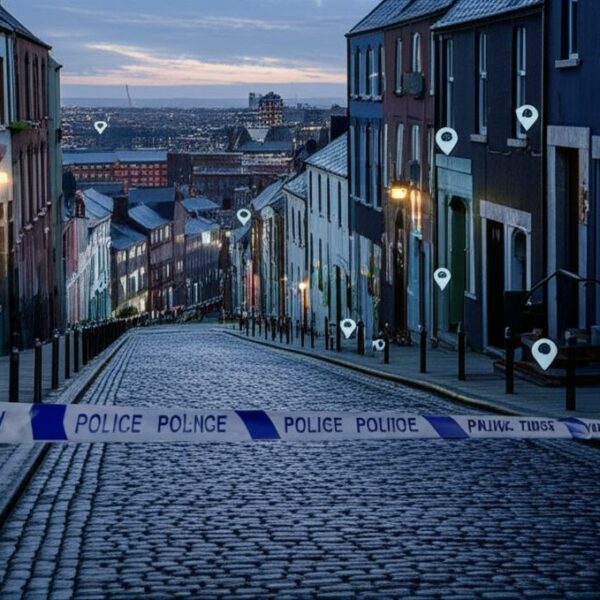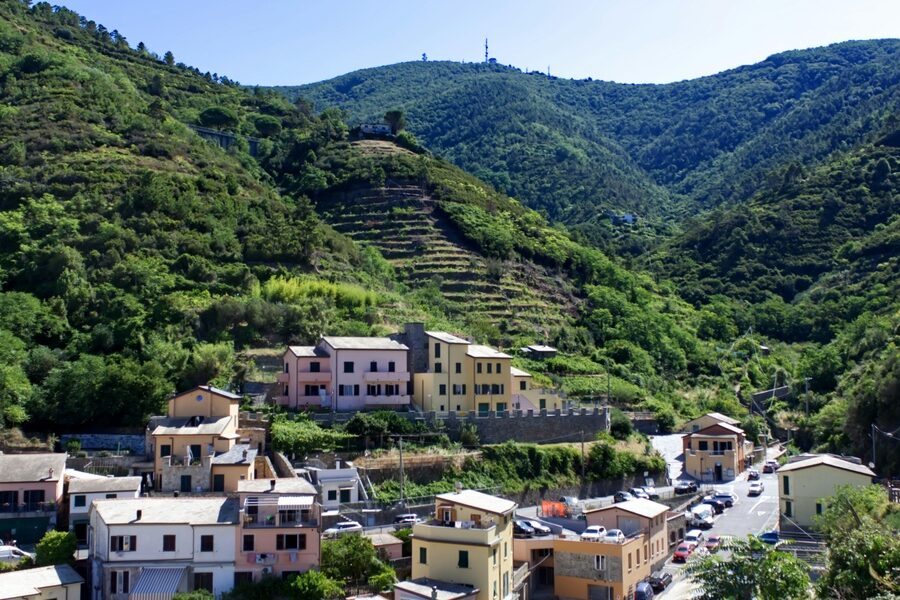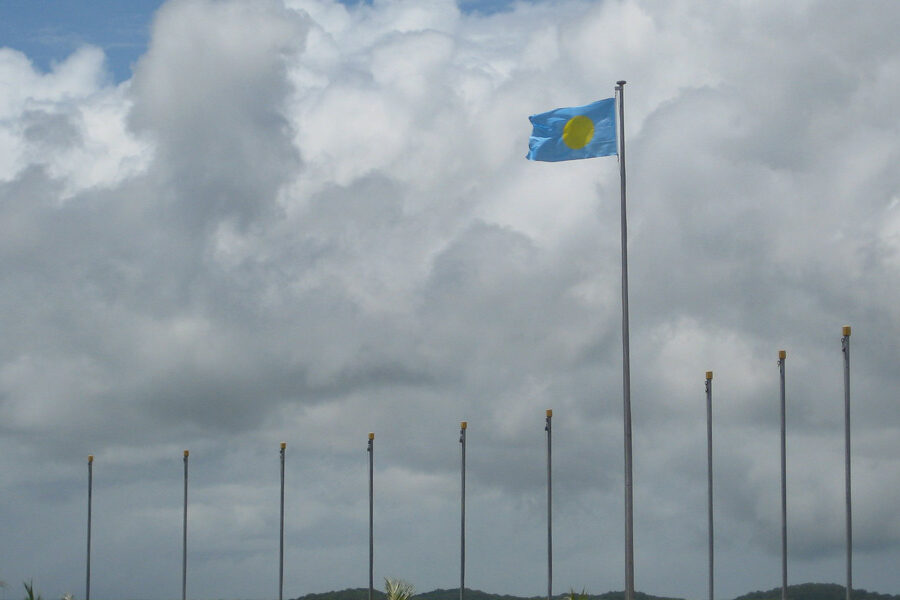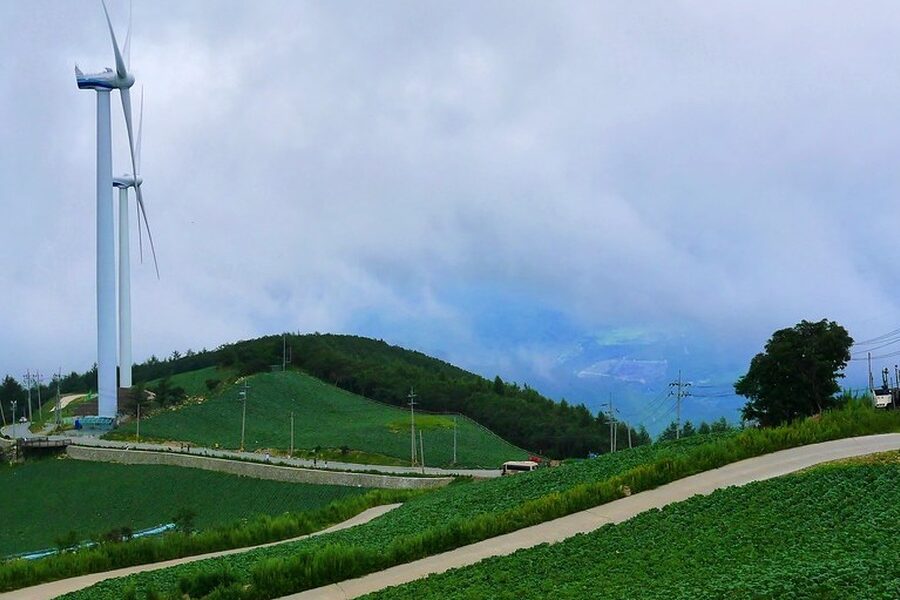São Tomé and Príncipe is a small island nation with tight-knit communities and visible contrasts between towns. Limited infrastructure and reliance on agriculture and fishing mean local economic differences can be sharp even between nearby settlements, so a clear, compact list helps highlight which places face the greatest challenges.
There are 7 Poorest Cities in São Tomé and Príncipe, ranging from Guadalupe to Trindade. For each city you’ll find below the data organized with Country,Poverty rate (%),Population so you can quickly compare scope and severity at a glance — you’ll find below.
How is poverty measured for the places on this list?
Poverty here is typically based on national statistics and survey-derived poverty rates that estimate the share of people below a defined income or consumption threshold; practical listings use those poverty rate percentages alongside population figures to convey both prevalence and scale, though methods and thresholds can vary between data sources.
Can this list change over time and why should readers check updates?
Yes — rankings shift as new household surveys, economic changes, development projects, or migration alter poverty rates and populations; check publication dates and source notes in the list below to understand currency and any methodological caveats.
Poorest Cities in São Tomé and Príncipe
| City | Country | Poverty rate (%) | Population |
|---|---|---|---|
| São João dos Angolares | São Tomé and Príncipe | 94.7 (2017) | 7,500 (est. 2022) |
| Santo António | São Tomé and Príncipe | 87.2 (2017) | 8,500 (est. 2022) |
| Neves | São Tomé and Príncipe | 85.2 (2017) | 16,500 (est. 2022) |
| Santana | São Tomé and Príncipe | 77.2 (2017) | 20,000 (est. 2022) |
| Guadalupe | São Tomé and Príncipe | 66.5 (2017) | 22,000 (est. 2022) |
| Trindade | São Tomé and Príncipe | 62.2 (2017) | 48,000 (est. 2022) |
| São Tomé | São Tomé and Príncipe | 41.4 (2017) | 77,000 (est. 2022) |
Images and Descriptions
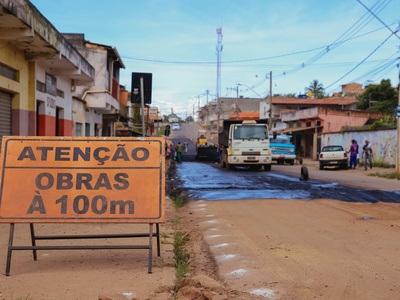
São João dos Angolares
As the seat of the remote Caué district, it is the poorest urban center. Extreme poverty is driven by geographic isolation, reliance on subsistence agriculture and fishing, and severe deficits in basic services like electricity, sanitation, and clean water for most residents.
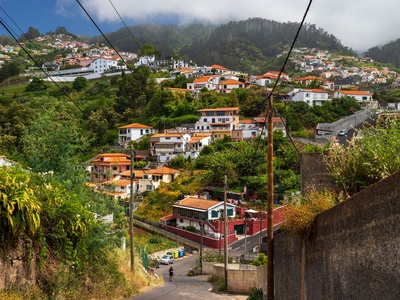
Santo António
The main town on Príncipe island, its high poverty rate reflects historic isolation. While tourism is creating jobs, many locals remain disconnected from the new economy, facing high costs and limited access to consistent public services like healthcare and energy.
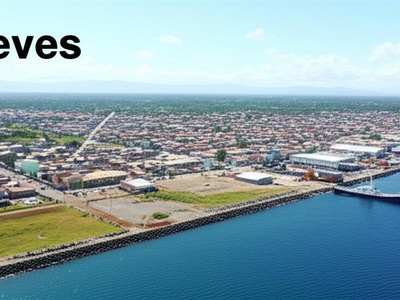
Neves
Despite being a major port town in the Lembá district, Neves suffers from high unemployment and widespread poverty. The industrial and port activities provide insufficient formal employment, leaving many households with unstable incomes and poor access to sanitation and reliable utilities.
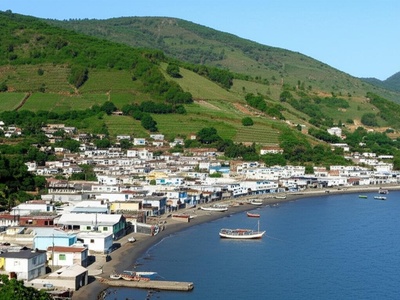
Santana
Located in the Cantagalo district, Santana is a coastal town where poverty is widespread among fishing communities and small-scale farmers. Limited economic diversification and inadequate infrastructure, particularly in water and sanitation, contribute to its high poverty levels.
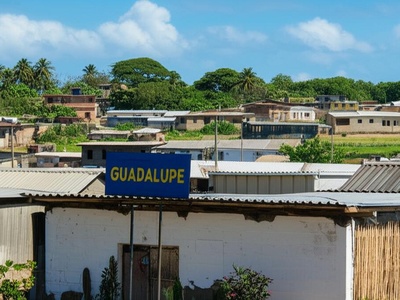
Guadalupe
As the capital of Lobata district, Guadalupe is near the national capital but retains significant poverty. Many residents work in low-wage agriculture or commute for informal jobs, facing challenges with poor housing conditions and inconsistent access to basic public services.
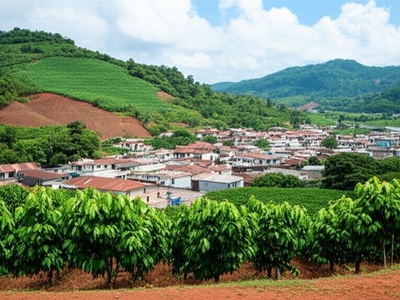
Trindade
Situated in the agricultural heartland of Mé-Zóchi, Trindade is surrounded by cocoa plantations. However, low wages for farm labor and a lack of other job opportunities mean poverty is entrenched, with many families struggling with inadequate housing and sanitation.
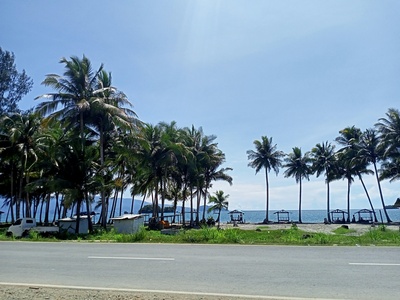
São Tomé
While the capital has the nation’s lowest poverty rate, it contains the largest absolute number of poor people. Poverty is concentrated in sprawling informal neighborhoods (bairros) that lack formal planning, secure housing, and reliable access to clean water and sanitation.

